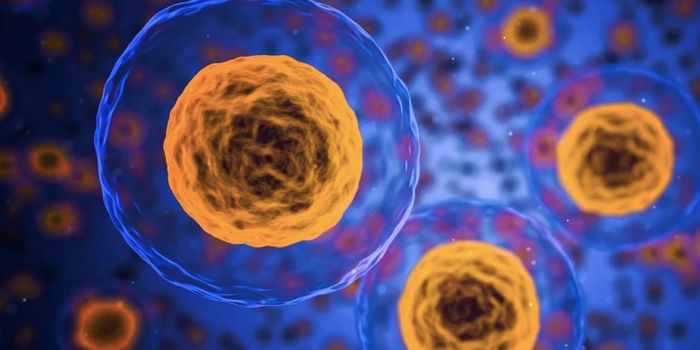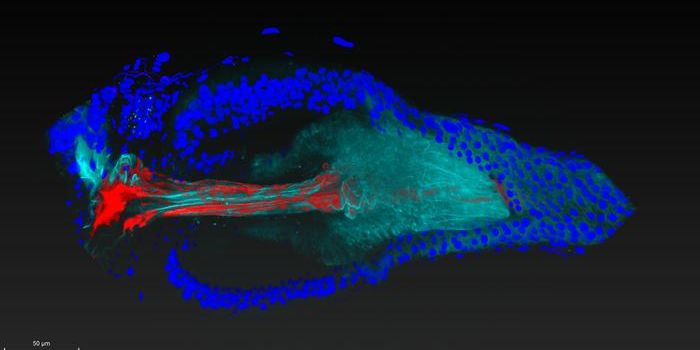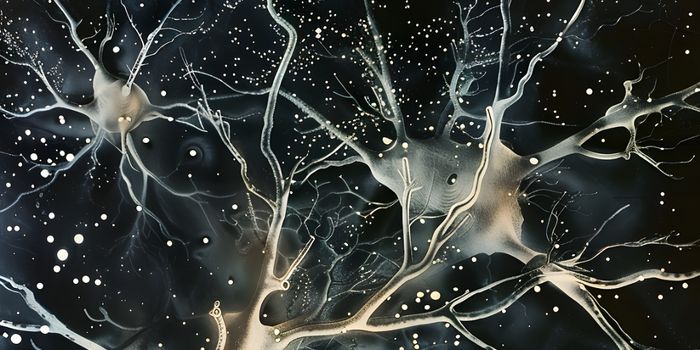This Molecule May Be Crucial to the Biology of Addiction
Researchers have identified a molecule that's involved in addiction behavior, and influences the strength of an individual's response to addictive drugs. Publishing in EMBO Reports, scientists found that a protein called Npas4 can affect the function and structure of neurons that are involved in addictive behavior in mice. When the level of Npas4 was reduced, mice did not react as they usually would when exposed to cocaine, the effect of the drug was diminshed.
Cells called striatal medium spiny neurons (MSNs) are thought to play a critical role in the response to drugs and the development of addiction. MSNs can act as central hubs in the central nervous system, where they receive input from different parts of the brain including the amygdala, prefrontal cortex, and hippocampus, and integrate various neurotransmitter systems like those involving dopamine or glutamate to assess reward and direct behavioral responses. Npas4 appears to significantly impact the function of MSNs, which influences addiction behaviors.
The researchers suggested that this study supports the hypothesis that addiction has a biological basis, and like other diseases, it can be treated. This research may help us understand addiction behaviors at the molecular level so therapeutics can be developed.
Npas4 is a transcription factor that can change the activity of many other genes. It seems to influence the number of connections between neurons, and regulate the patterns of electrical signals that move through the cells. A reduction in Npas4 levels was also linked to a decrease in the contact points between neurons. These mice had a weaker response to cocaine exposure compared to mice with normal Npas4 levels.
The study also indicated that Npas4 is controlled in an unusual way; Npas4 seems to be triggered by stimuli that increase in the level of calcium in the nucleus of neurons. While dopamine has been associated with addiction, it does not seem to have any role in this process. Thus, Npas4 could be an attractive target for therapies that aim to relieve addiction behaviors.
"Npas4 and its associated signaling pathway in the control of addiction behavior are promising therapeutic approaches," said co-corresponding study author Professor Dr. Hilmar Bading of Heidelberg University.
Sources: Heidelberg University, EMBO Reports









